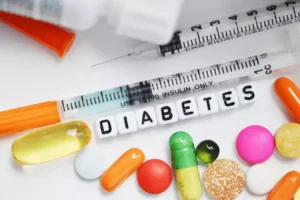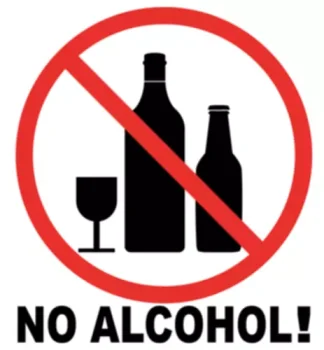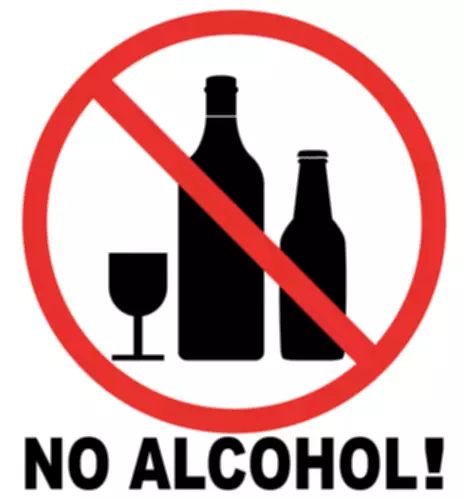The Eye-Opening Science Behind Alcoholic Rage FHE Health

Your treatment will depend on the role alcohol plays in your life and how present anger is during your everyday lived experience. Ashwood Recovery, located in Boise, Idaho, provides outpatient treatment for co-occurring disorders, individual alcohol counseling, and family counseling. Whatever your struggle, we support you through the consequences and begin your recovery journey.
Getting Help for Co-Occurring Disorders

Remember, quitting a substance cold turkey can lead to health issues, so it’s best to enlist professional help. Often, when children, spouses and other loved ones spend time close to someone who becomes abusive when they drink, their lives change for the worse. For example, multiple studies have shown that children who are exposed to trauma at a young age — domestic abuse or violence linked to addiction, for example — are more likely to abuse substances or develop mental disorders when they grow up.
How to Deal with Anger and Alcohol Addiction

Notwithstanding the progress that has been made in the alcohol use disorders treatment field, innovative treatment strategies are still needed. On the flip side, alcohol dependence commonly leads to significant withdrawal symptoms that are often side effects of alcohol addiction. Emotional withdrawal symptoms can include agitation, anxiety, depression, irritability, and tension as well as sleep disturbances, insomnia, and physical discomfort. Anger management issues may be rooted in a specific mental health disorder in some cases.
- In stark comparison, probability of marital aggression among those low on alcohol dependence was not influenced by hostility (.01 probability).
- Alcohol is known for its ability to amplify emotional expression and inhibition.
- An increase in anger after trauma and the use of alcohol to cope with PTSD symptoms were stronger predictors of physically aggressive or violent acts than a lifetime diagnosis of PTSD without anger.
- As you become more self-aware, you’ll make better choices about alcohol consumption.
- Below the surface, hidden emotions such as grief, fear, shame, and embarrassment often fuel anger.
Don’t Accept Unacceptable Behavior

Therefore, seeking a solution for alcohol-related aggression is essential for your future health and safety. Furthermore, alcohol can make you focus too much on specific words or behaviors from other people. If you see someone cut in front of you in line for the bathroom at a bar or concert, you may react aggressively when you otherwise wouldn’t mind. When drinking, it becomes increasingly challenging to interpret information logically. If your behavior fits the description of an angry drunk, it may be difficult to admit you behaved that way under the influence. Many people whose behavior changes drastically with drinking have a hard time believing it when they’re sober.
- Often, when children, spouses and other loved ones spend time close to someone who becomes abusive when they drink, their lives change for the worse.
- Drinking cocktails that include energy drinks should be considered a possible factor for aggressive behavior as well.
- The present study is going to explore the relationship of anger with treatment outcome among alcohol users after 1 year of treatment.
- Alcohol-related treatment material comprised approximately 54.6% of the AAF condition and 30.4% of the AM condition.
Treatment Options for Alcohol Abuse & Addiction
It can have a major impact on their family members’ quality of life and even be a detriment to the healthy development of any children they have. Alcohol affects brain chemistry by altering neurotransmitters, which manage our mood and impulses. It decreases inhibition and can increase stress hormones like cortisol, making some individuals more prone to anger and aggression when drinking. If you or someone you love is battling aggression and alcohol misuse, help is available.
Links between Anger, Aggression, and Alcohol Addiction
Third, including both cognitive and relaxation coping skills provides a range of coping skills to assist most individuals with anger problems, i.e., this intervention addresses anger issues for most people. Fourth, CRCS is manualized (Deffenbacher & McKay, 2000), such that there was a publicly available manual to adapt to a 12-session format focusing heavily on anger management for alcohol dependent individuals scoring moderate or above on an index of anger. Instigating factors normatively produce an urge to behave aggressively (e.g., provocation). These factors provide the initial momentum toward an aggressive action that represents the availability of an aggressive response.
Prevention efforts can also be directed at the potential impact of bystanders, who are oftentimes present in interpersonal violence situations 42. The bystander approach to violence prevention aims to prepare individuals to intervene when they witness situations that involve or could potentially lead to aggression. This approach has been identified as a promising strategy to prevent sexual violence 43 and intimate partner violence 44. Unfortunately, this work does not account for the role of alcohol use. For instance, campus sexual violence often occurs at or after attending bars or parties where attendees drink alcohol 45, 46, 47, and alcohol-facilitated aggression in bars and other public venues is also highly likely to occur in the presence of bystanders.


Because the anger intervention was optional, relatively brief and embedded within a larger CBT treatment, it is not possible to tease out its therapeutic effects. We had hypothesized that clients in the alcohol-adapted anger management treatment would report differentially greater improvements on these anger-related variables relative to clients in the AA Facilitation treatment; this was not supported. AM focused on the development of relaxation and cognitive coping skills for anger regulation (see Table 1 for outline of AM). Cognition-relaxation coping skills (CRCS; Deffenbacher & McKay, 2000) was chosen as the anger management protocol for four reasons. First, its coping skills approach fits conceptually into coping skills relapse prevention conceptualizations (Marlatt & Gordon, 1980; Witkiewitz & Marlatt, 2004). Moreover, meta-analyses (Beck & Fernandez, 1998; Del Vecchio & O’Leary, 2004; DiGuiseppe & Tafrate, 2003; Edmondson & Conger, 1996) show CRCS to be an effective intervention that had roughly equivalent effects to other interventions.
People with alcohol addiction often feel out of control, leading to feelings of shame, frustration, or depression, which can manifest as anger. Similarly, those overwhelmed by anger might use alcohol for relief, only to find it intensifies their inner conflict. The link between anger and alcoholism is cyclical—they can exacerbate each other if left unchecked. Addressing and letting go of anger is vital in the Alcoholics Anonymous (AA) 12-step approach, which alcoholism and anger involves a moral self-inventory and overcoming personal flaws.
